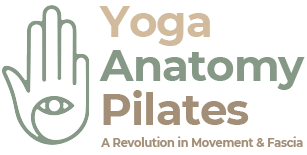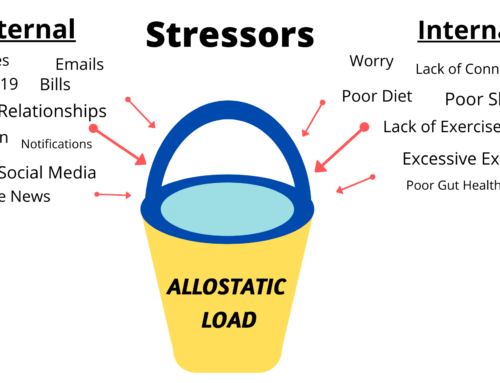Food intolerances – Part 1
It has now been medically accepted that inflammation is the start of all disease. In my opinion animals as well as humans are not designed to eat dairy and grains. Grains causes inflammation. The reason why most cattle are fed grains like barley is because the animal inflames thus weighing more for the farmer. Many of us could have some dairy intolerance as well. These would be what’s called low grade intolerances which lead to a build up of abdominal discomfort, bloating, weight gain, poor concentration , aches and pains and of course tiredness.
So an average day for most people would be a small quantity of milk in the tea, a piece of toast in the morning and a sandwich for lunch. It all adds up and takes a lot of energy to digest. Usually after eating this type of food it produces tiredness in the afternoon. Whereas the consumption of salad and vegetables gives more energy. The simple reason for this is that the body struggles to break down processed bread, but can cope well with foods that are easier to digest like salad and protein.

A food allergy is different from a food intolerance. A food allergy would make you very sick and have a strong allergic reaction if you eat a certain food. An intolerance means having too much of a certain food type that makes you feel sluggish, lethargic and not your optimum level of well being and energy.

If you experience IBS, you are experiencing symptoms that are telling you that something is out of balance in your gut. Once your gut health improves you will see the results through the body and have more energy, life force (chi, prana). You will also bounce back or not fall ill at all.
Breaking the sugar addiction
Reducing sugar intake would save the country billions on the NHS alone. An average Britain consumes 238 teaspoons of sugar a week. We may buy fewer bags of sugar, but are eating hidden sugars in things like fruit juice, honey, bread, processed foods and the list goes on.
Half of Britons are overweight and 26% are obese, this costs the NHS £5.1 billion a year. Sugar is in everything from bread (even wholemeal), drinks, yoghurts, cooking sauces etc. The amount of sugar affects blood sugars making us go up and down all the time, we go from feeling a massive high to a lethargic low.

Are you a sugar addict?
- Do you struggle to walk past the sweet/ chocolate/ cake aisles at the supermarket without buying some?
- Are there times you feel you have to have your sugar hit?
- Do you have routines that revolve around sugar sugar – like always having a pudding or chocolate at a certain time of day ?
- If you are foced to go without sugar for 24 hours do you get withdrawal syptoms like headaches or mood swings or lethargy?

If you answered yes to more than one of these, you are a sugar addict. So where do these sugar cravings come from? There are no poisonous foods containing fructose which could explain why in evolutionary terms we are not drawn to sweet foods. However having a sweet orange or apple is hardly the same as having a slab of chocalate fudge cake or a fizzy bag of sweets. The introduction of high fructose corn syrups made the sweet taste easy to reproduce.
Bibliography
“Eat, move & be healthy”- Paul Chek
“The tiredness cure” – Dr. Sohere Roked






